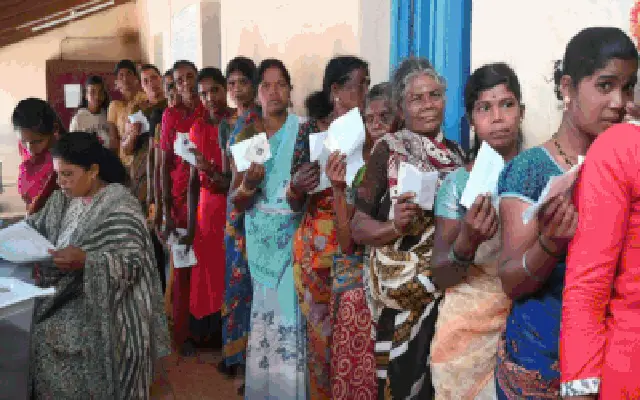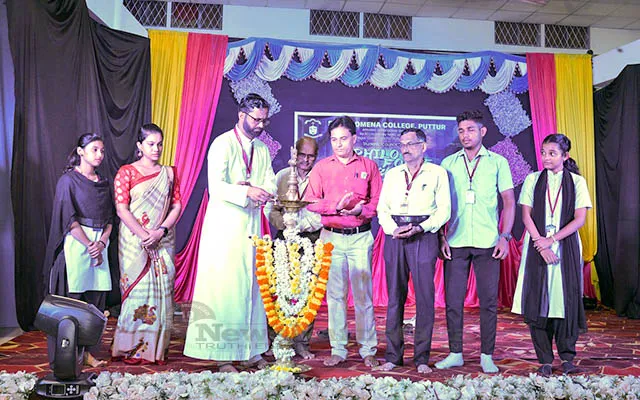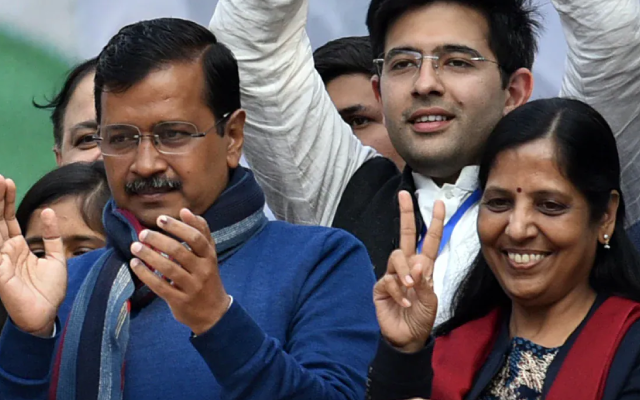New Delhi: After the Rajasthan High Court declared Santhara, a Jain ritual of voluntary and systematic fasting to death as a criminal offence (section 306 (abetment of suicide) of the Indian Penal Code), protests and an appeal in the Supreme Court ensued. The Supreme Court on Monday stayed the Rajasthan high court’s order and issued a notice to Centre and the Rajasthan government.
 Thousands of Jains had held a ‘silent march’ to protest the Rajasthan high court judgement banning the religious ritual of fast unto death. Members of both Shwetambar and Digambar sects participated in marches which were held in Rajasthan, Madhya Pradhesh, Uttar Pradesh, Maharashtra, Assam and other states.
Thousands of Jains had held a ‘silent march’ to protest the Rajasthan high court judgement banning the religious ritual of fast unto death. Members of both Shwetambar and Digambar sects participated in marches which were held in Rajasthan, Madhya Pradhesh, Uttar Pradesh, Maharashtra, Assam and other states.
The Rajashtan High Court order came after a public interest litigation (PIL) was filed by human rights activist and advocate Nikhil Soni a decade ago. The activist claimed the ritual is a social evil and should be considered as suicide.The centuries-old practice of Santhara has been in the eye of a storm since 2006 when the case of 93-year-old Keila Devi Hirawat from Jaipur had international media debating whether there was any place for such a ritual in the modern world. Later, Soni and his lawyer Madhav Mishra filed a PIL in the Rajasthan high court.
The ancient ritual, also called Sallekhana, consists of voluntary starvation to embrace death. The Swetambar (white sect) community, which practises the age-old ritual, considers it the ultimate way to attain moksha (release from the cycle of rebirth), when one believes that his life has served its purpose. Practised mostly by elders nearing death or having no desire to live any more, this ritual demands the practitioner to even sacrifice drinking water and is not advisable for young adults or children.
One of the concerns raised in the Soni’s Petition, was that it is old people, who usually resort to Santhara, and allowing an elderly person to suffer without medical assistance, food and water is inhuman. Jains, however, argue that it is a voluntary act of rational thinking and marks the beginning of a journey of understanding the inherently painful and flawed nature of earthly existence. They argue that the fundamental right to life has a corresponding right not to live and it is this that is being questioned unfairly by the PIL, while its opponents claim that it is suicide and a breach of Article 21 of the Indian Constitution.
The petition raises important ethical and legal questions, and its outcome will be keenly awaited.
















